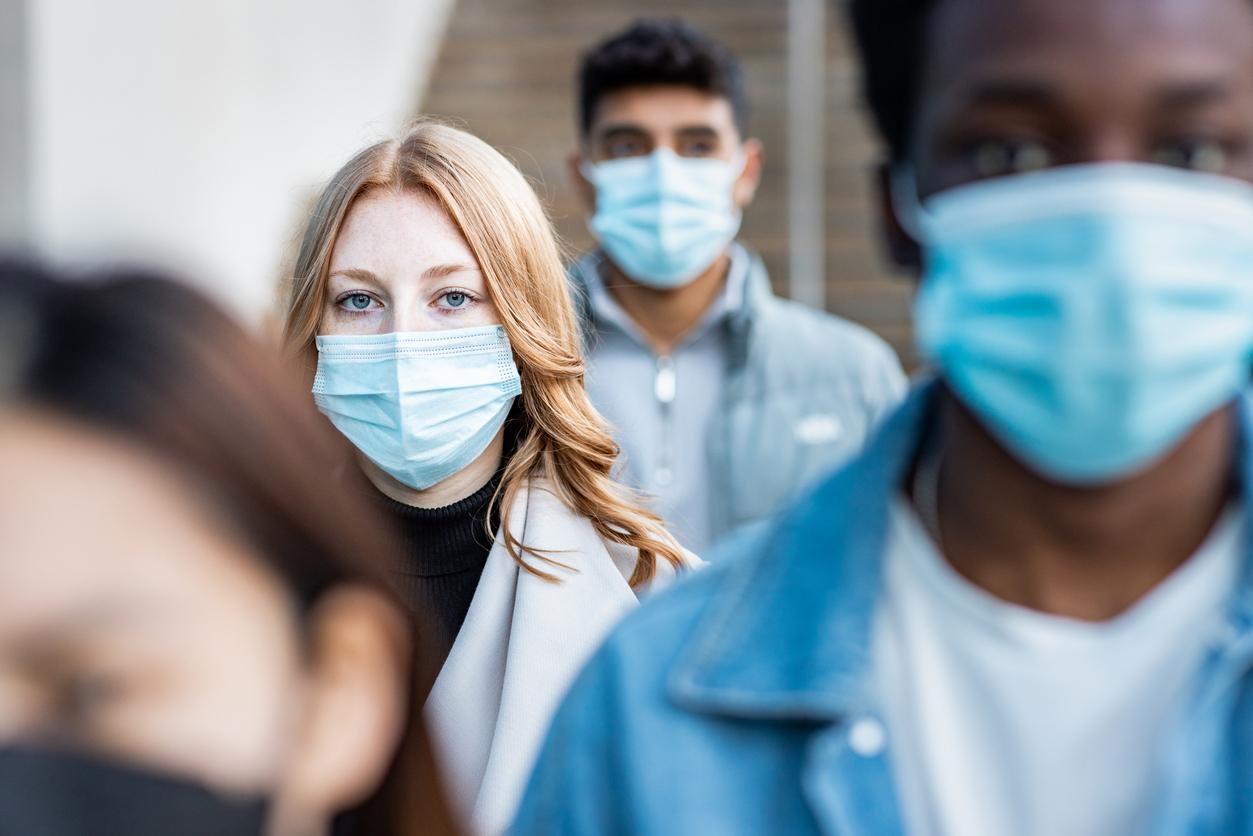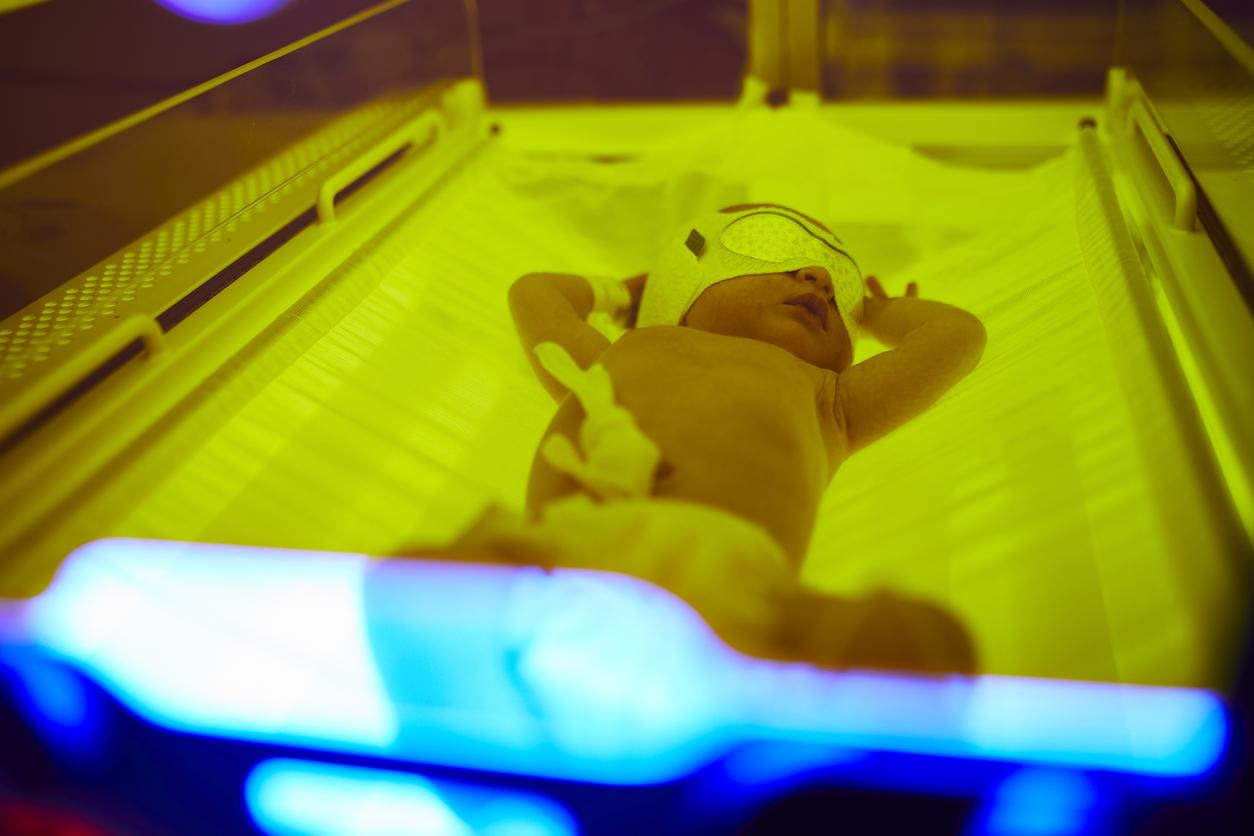
Is it wise to relax?
The delta variant of the coronavirus is gaining ground. In Amsterdam, 40 percent of corona infections are already attributable to this version of the corona virus. Abroad, relaxations are postponed or reversed.
The delta variant, which was first called the ‘Indian variant’, is on the rise, according to the RIVM. This version of the coronavirus was first seen in April. Currently, 9 percent of corona infected people in the Netherlands have the delta variant, according to samples from the RIVM. In the course of the summer, this type of coronavirus will take over the people who are infected throughout the Netherlands. In Amsterdam, the percentage has already risen to about 40 percent, according to the GGD in Amsterdam. This is mainly due to students who have traveled to Portugal and Spain.
Measures abroad
In Great Britain and Germany relaxation of the measures has been postponed due to the advancing delta variant. In Portugal The pace of vaccination has been stepped up and more testing is being done, after the number of infections in Lisbon has returned to the level during the lockdown in February. Restrictive corona measures have also been reintroduced in Australia and Israel at specific sources of infection.
more contagious
The delta variant is about 60 percent more contagious than the alpha variant (aka ‘British variant’), which is still dominant here. Whether the delta variant is also more sickening is under further investigation, according to the RIVM. In Great Britain the number of hospital admissions is increasing by the delta variant. But RIVM does not expect more hospital admissions in the Netherlands due to the delta variant, even if the corona measures are relaxed. However, RIVM is concerned about the autumn. When everyone comes back from vacation, there will be more infections. However, it will not get as out of hand as in 2020, RIVM expects, because almost 14 million shots have now been taken against the corona virus.
Protection through vaccines
The protection of the vaccines against the delta variant is less good, according to The BMJ. Three weeks after the first dose, protection for both vaccines is 33 percent. The second shot increases protection. Two weeks after the second dose, the Pfizer vaccine works 88 percent and the AstraZeneca vaccine 60 percent against the delta variant. However, new figures show see a less good protection by the Pfizer vaccine: about 70 percent. But protection against hospitalization remains high, with more than 90 percent for both vaccines after two shots. One of the reasons Britain has postponed the easing is that more people will have had two shots.
Read more about the delta variant here: https://www.plusonline.nl/coronavirus/indiase-coronavariant-dit-weten-we-tot-nu-toe

















